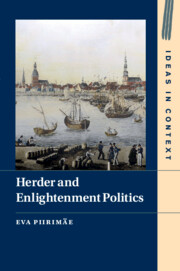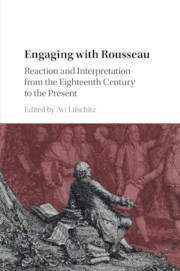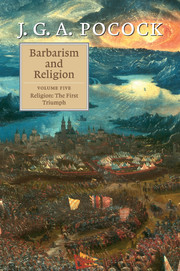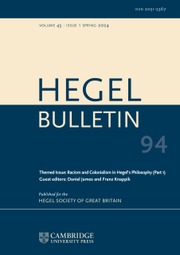Herder and Enlightenment Politics
Johann Gottfried Herder initiated the modern disciplines of philosophical anthropology and cultural history, including the study of popular culture. He is also remembered as a sharp critic of colonialism and imperialism. But what types of social, economic and political arrangements did Herder envision for modern European societies? Herder and Enlightenment Politics provides a radically new interpretation of Herder's political thought, situating his ideas in Enlightenment debates on modern patriotism, commerce and peace. By reconstructing Herder's engagement with Rousseau, Montesquieu, Abbt, Ferguson, Möser, Kant and many other contemporary authors, Eva Piirimäe shows that Herder was deeply interested in the potential for cultural, moral and political reform in Russia, Germany and Europe. Herder probed the foundations of modern liberty, community and peace, developing a distinctive understanding of human self-determination, natural sociability and modern patriotism as well as advocating a vision of Europe as a commercially and culturally interconnected community of peoples.
- Offers a robust corrective to the misguided view that Herder was not a political thinker
- Provides a historically nuanced picture of Herder's evolving thought
- Demonstrates the need to reconsider Herder's legacy in political thought and the continuing relevance of his ideas
Reviews & endorsements
'… a concise, erudite, and well-written study … Eva Piirimäe's study masterfully fulfills the goals it sets itself, namely “to provide a full-bodied and nuanced historical reconstruction” of Herder's evolving political thought.' Kirill Ospovat, Monatshefte
'Eva Piirimäe's Herder and Enlightenment Politics deserves recognition as a landmark study in the scholarship of both Johann Gottfried Herder, and of eighteenth century political thought more broadly.' Andrew Walker, History of European Ideas
'… a concise, erudite, and well-written study of some of the primary strains of Herder's thought in their interrelationships, traced through all phases of his evolution, from the 1760s to 1800s. For readers who, like the present reviewer, are not already Herder experts but are interested in Enlightenment intellectual history, the book offers an informative, original, and well-contextualized introduction to Herder's thought and its place in multiple philosophical and political debates.' Kirill Ospovat, Monatshefte
Product details
February 2025Paperback
9781009263832
397 pages
229 × 152 mm
Not yet published - available from February 2025
Table of Contents
- Preface
- Introduction
- 1. Republics, monarchies and the philosophy of human society
- 2. Rousseau and the origins of the 'current malaise of the world'
- 3. Montesquieu's system and reforms in Russia
- 4. The Bildung of humanity and modern virtue
- 5. German freedom and modern liberty
- 6. The vocation of poets, pastors and philosophers
- 7. State-Machines, commerce and the progress of Humanität in Europe
- 8. Perpetual peace and purified patriotism
- Conclusion.






